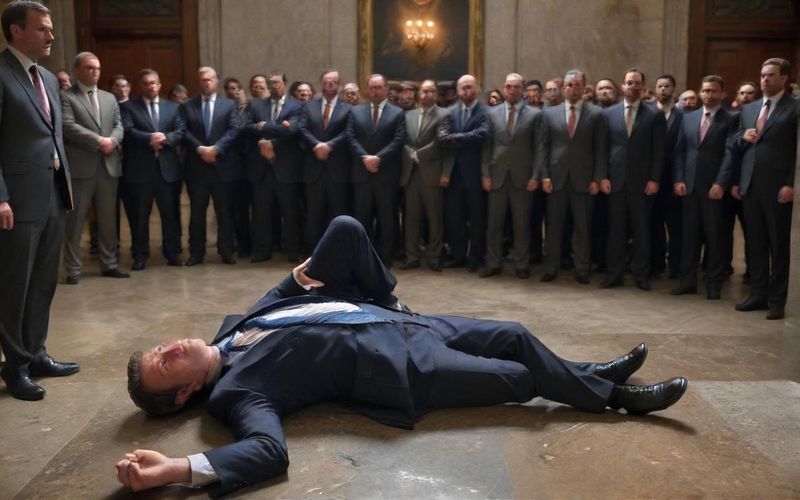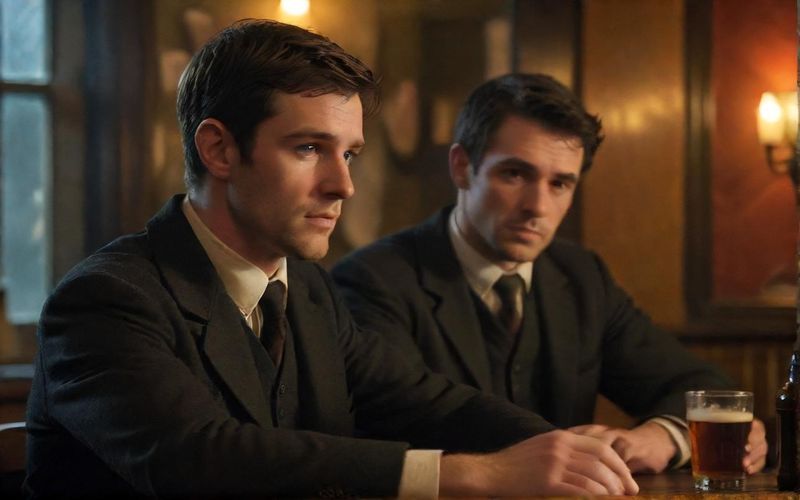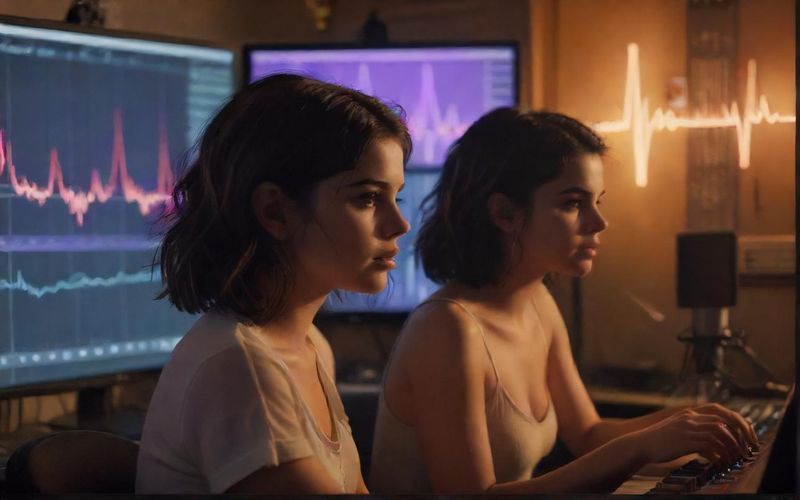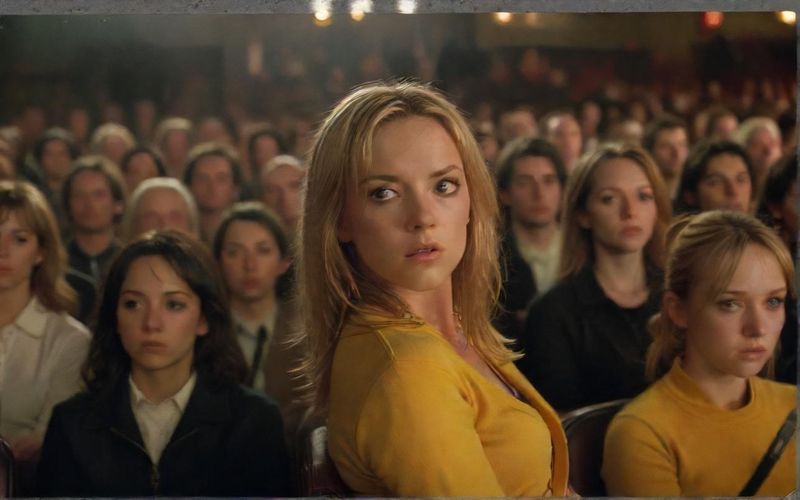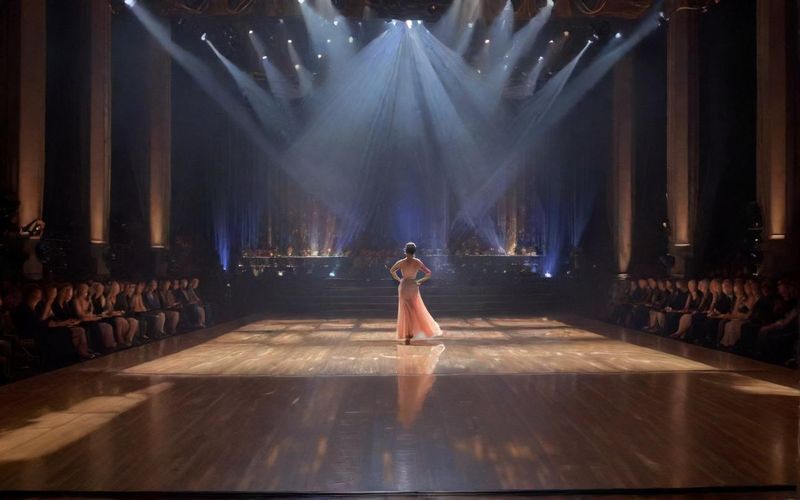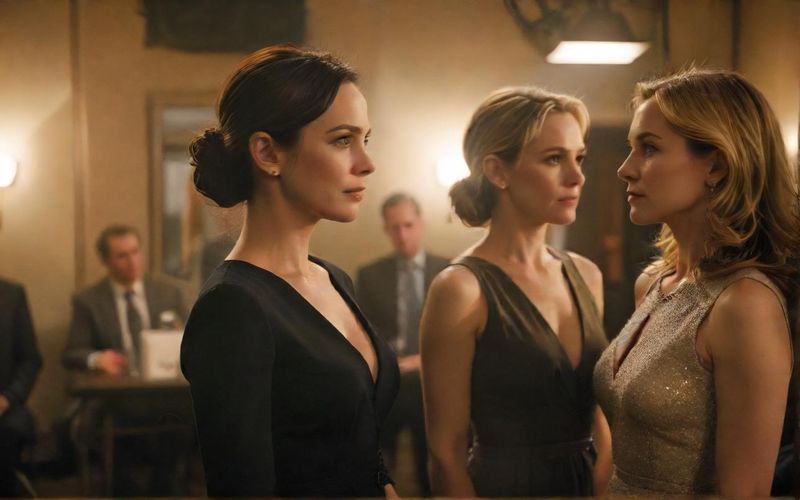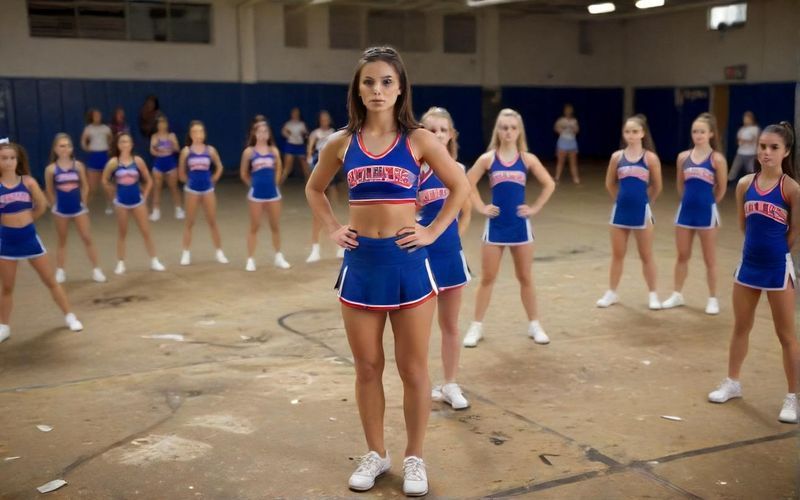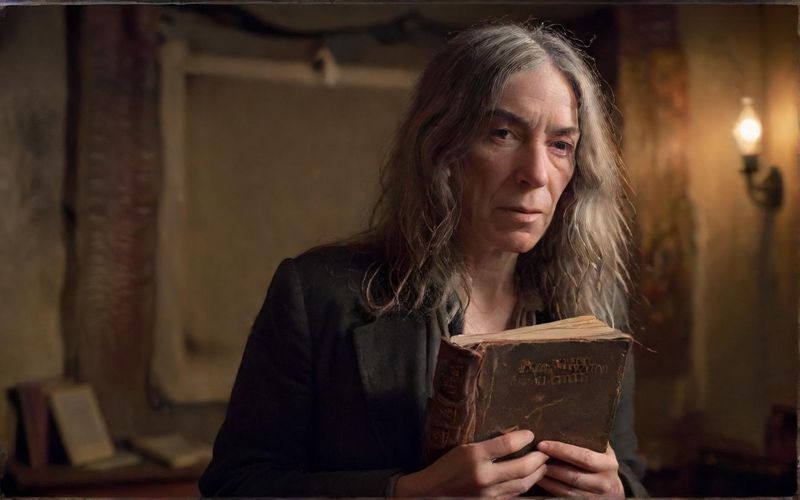T2 Trainspotting: Do Old Demons Ever Die?
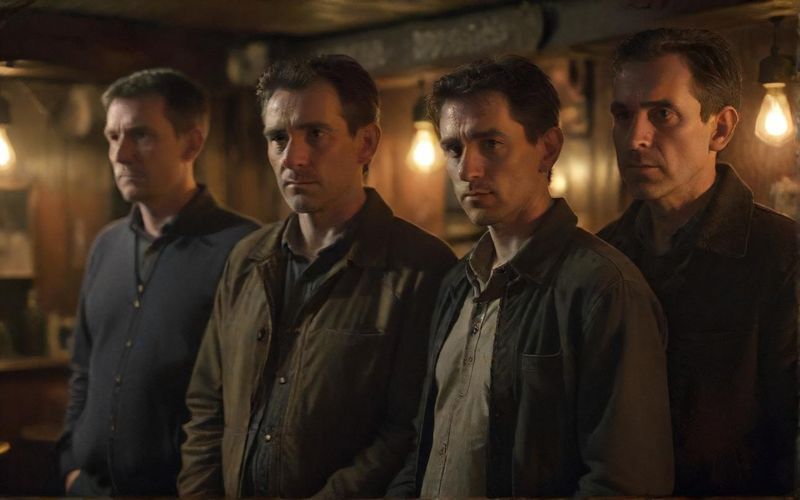
Watching Mark Renton, Spud, Sick Boy, and Begbie reconvene isn't just a cinematic event; it's a societal check-in. The original film, a visceral jolt to the senses, captured a specific kind of desperation and rebellion in 1990s Edinburgh. It was exhilarating precisely because it was so unapologetic, so unafraid to stare into the abyss of addiction and existential ennui. Now, twenty years later, the abyss hasn’t entirely vanished, but it’s certainly changed shape. Renton, having tried to escape his past, finds himself pulled back, not by external forces alone, but by an internal yearning for… what? Closure? Redemption? Or perhaps just a more complicated form of self-destruction?
The brilliance of T2 Trainspotting lies in its refusal to simply replicate the original’s kinetic energy. Instead, Danny Boyle and John Hodge delve into the consequences, the emotional fallout that inevitably follows such a wild ride. We see characters who are ostensibly trying to move on, but their past selves cling to them like a stubborn shadow. Spud is still battling his demons, a poignant reminder that addiction is a relentless foe. Sick Boy has traded heroin for a dubious pub and even more dubious schemes, a different kind of struggle but no less fraught with peril. And Begbie, oh Begbie, is a thundercloud of pure, unadulterated rage, a testament to the lingering resentment that betrayal can foster.
What truly resonates here is the exploration of aging within a framework that once celebrated youth and recklessness. The characters are no longer invincible youths teetering on the edge; they are men grappling with the realities of middle age, with broken dreams and the ghosts of choices made. The film doesn't shy away from the melancholic realization that some wounds never fully heal, and some friendships, forged in the fires of shared trauma, are impossible to simply discard. There's a profound sadness in seeing these characters, so full of life and potential in their youth, now adrift in a world that has moved on, leaving them to confront their own stagnant histories.
Yet, amidst the introspection, the film retains a spark of that old magic. The performances are a marvel, the cast slipping back into these iconic roles with an ease that belies the passage of time. There are moments of genuine humor, often born from the absurdity of their situations, but they are always underscored by a raw emotional honesty that hits hard. It’s this delicate balance – the blend of biting wit and deep-seated pathos – that makes T2 Trainspotting a worthy successor. It’s not just about reliving the past; it’s about understanding how the past continues to shape us, how our younger selves leave indelible marks on the people we become.
As we find ourselves immersed in conversations around t2 trainspotting, it begs the question: what does it mean to truly outgrow our past? Can we ever truly escape the characters we once were, the choices that defined us? Or are we destined to carry those echoes with us, navigating the complexities of adulthood with the lingering ghosts of our younger, more reckless selves?
